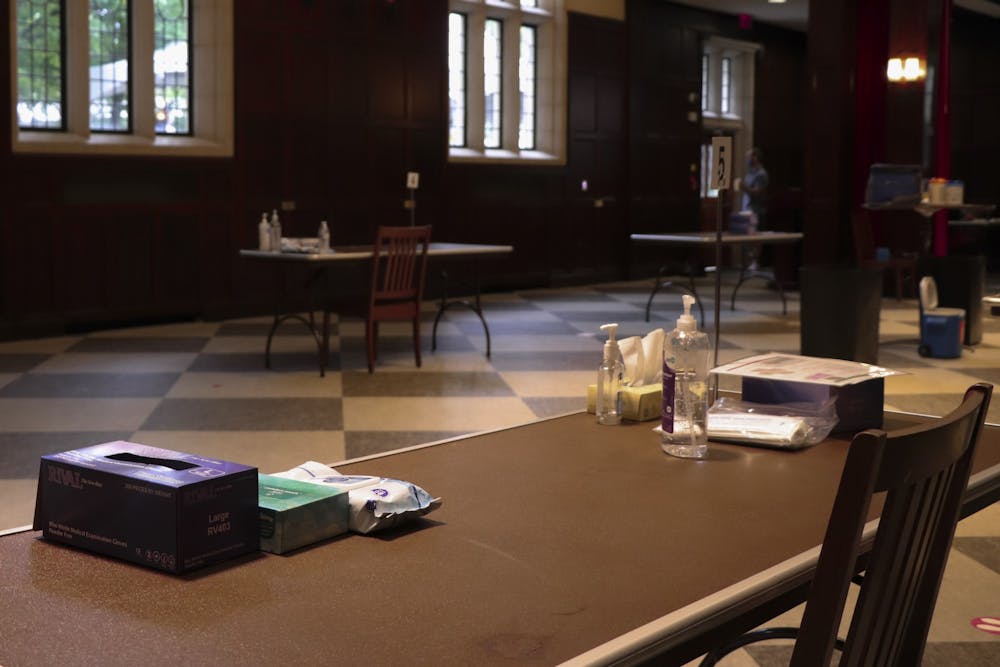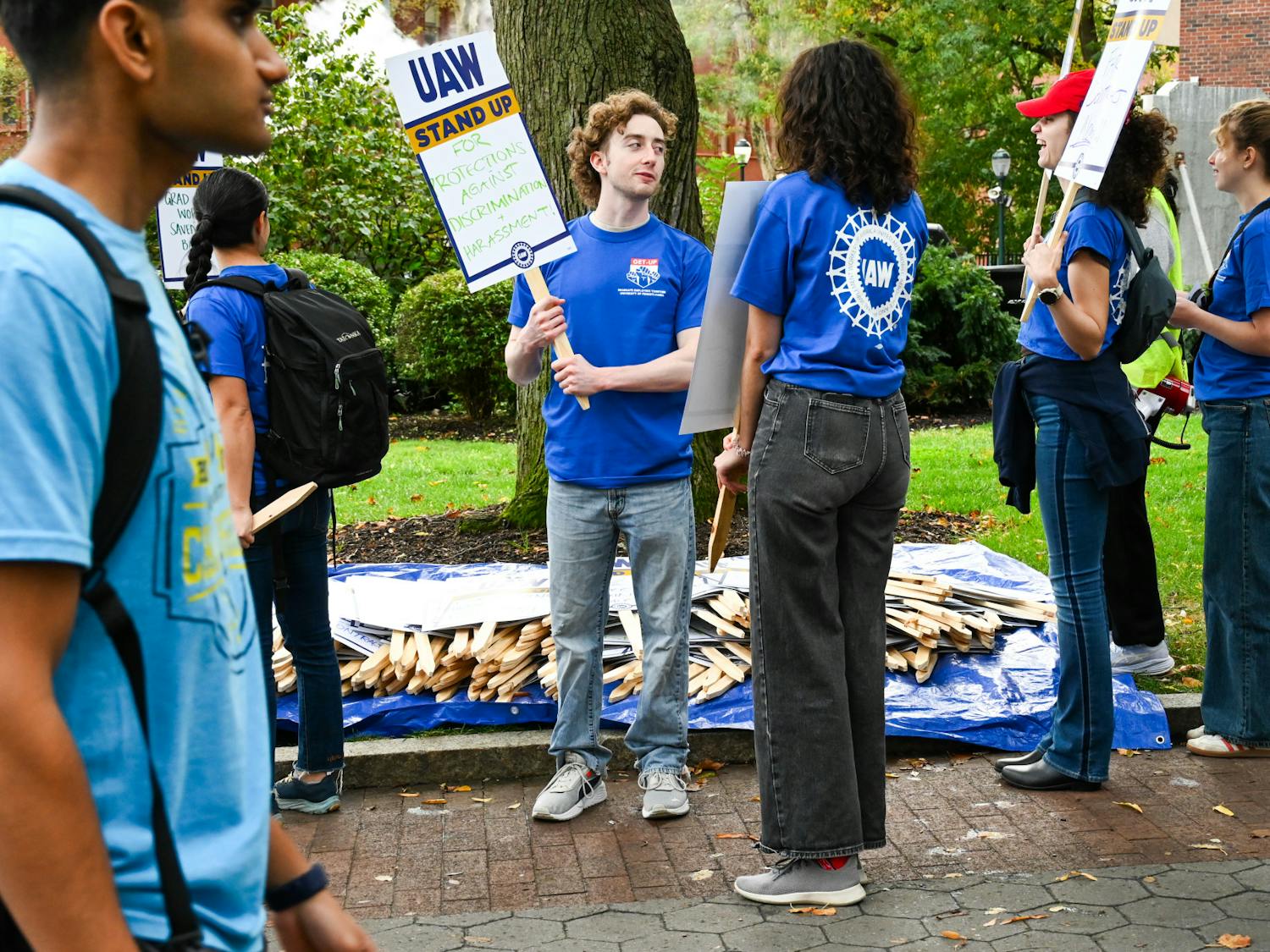A team of Penn researchers developed a highly sensitive, rapid, at-home antigen test for COVID-19.
The COVID-19 test can detect small amounts of SARS-CoV-2 with sensitivity nearly as high as a PCR tests, which are considered "the gold standard" in the diagnostic community, according to Penn Medicine News. The technology works by using a smartphone application to measure the number and size of miniature, gas-filled bubbles in a chemical reaction from a person's nasal swab, Penn Medicine News reported. The app uses an algorithm to identify whether the sample is consistent with a positive or negative COVID-19 result.
The test was developed by Ping Wang, professor of Pathology and Laboratory Medicine in the Perelman School of Medicine, and her lab, Penn Medicine News reported.
To validate the test for COVID-19, the research team used 372 clinical nasal swabs, Penn Medicine News reported. They found that the test was able to identify 97% of the positive samples and 97% of the negative ones when compared to PCR tests.
Wang told Penn Medicine News that if these tests become commercialized, testing could spot and isolate positive tests in a more efficient fashion. Testing would also be able to happen more frequently due to the at-home model.
Wang and her research team initially developed the test to detect early reoccurrence of prostate cancer in patients who underwent prostatectomies. The detection requires highly sensitive measurement of very small increases in prostate-specific antigen levels.
Penn is currently using saliva-based PCR tests to perform screening tests. Symptomatic, close-contact, and red-pass testing used a nasal swab.
Penn is hopeful that the entire semester will be in person after finding no COVID-19 classroom transmission. Despite the low COVID-19 positivity rate since reopening, Paul Sniegowski, dean of the College of Arts and Sciences, emphasized that students and faculty must continue to follow the University’s COVID-19 safety protocols.









